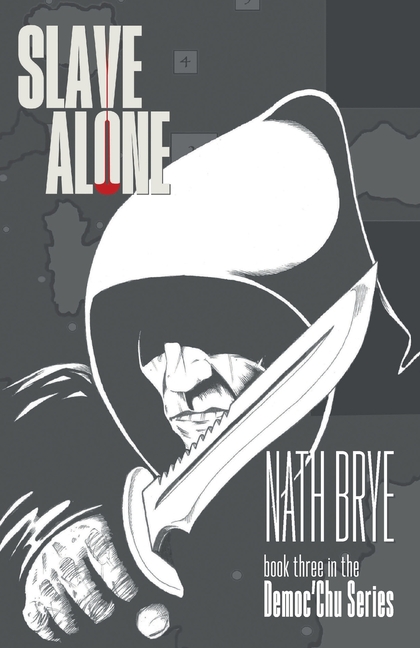Description
With no memories of his home, his family, or early childhood, SickBoy is thrust into a life he never deserved. No child does. The echo in his earliest recollections is of pitchdark rooms, cold walls, and a smelly, ragged blanket strewn on straw. Around him, children wept in terror, fearful of the night and the drunk master who prowled these halls seeking his next plaything. SickBoy cried too, first in terror at the thought of being chosen, then in bittersweet relief when another child took his place. How twisted, to find comfort in another boy's suffering.
Days bled into one another: forced labour from dusk till dawn, relentless beatings, and barely enough sustenance to survive. His existence became mechanical one foot in front of the other, breath by breath. Wake. Work. Be beaten. Maybe eat. Sleep. Cry. The numbness seeped in, blanketing his mind.
But one night, something snapped. SickBoy struck the drunken master, his killer's grip steady and decisive. As he drifted into an uneasy sleep, a small smile teased his lips. Killing at such a young age and feeling satisfied. Did this mark the turning point in his life?
He was uprooted again and sent to another camp, another life of extreme brutality. This one reared him into a pitrat: running until collapse, fighting other broken youths until only one remained standing. Here, he wasn't a slave. He was a weapon in training. And he excelled.
Alone as ever, his only bond the blacksmith who saw him, without judgment, in his muttered self-talk and violent mood swings. Under his tutelage, SickBoy thrived. He learned the art of the pit, the slow, torturous drawn out of pain before the final blow. He became the master's favourite, indulging a dark thrill in these battles.
Then the blacksmith died leaving the boy truly alone for the first time in years. In the chaos of escape, SickBoy's vengeance was precise and brutal. When the dust cleared, he was abandoned by former brothers in arms and set loose in a harsh, cold land, walking north in rage and freedom.
They call it freedom, but what does it feel like? Reaching Irik, crossing into free lands, but he feels nothing, numbness still cloaking his soul. Anger flares when he hears that others, his fellow Pit Rats, have settled, found community, solace, even joy. He has only solitude. Rejection and abandonment are old friends.
Now comes the greatest challenge: life beyond slavery, beyond the pit. His skills are deadly, perfect for a mercenary. But he refuses that path. He is no longer their pawn. He is finally free.
Yet freedom carries new weights. Emotion swells where numbness once lay. Questions assail him: Who am I now? Where do I belong? Can I trust? Can I forgive? Can I love? As he stares down these terrifying questions, no blankness to cushion him, he faces the toughest fight of all: reclaiming his humanity.
Before him lay open road, a new life waiting if he dares to step into it. A chance to build trust and find loyalty, a family not born of blood but of bond. But can he reciprocate what he's never known? Can he quiet the arousal for violence that still simmers in his veins? Can he renounce his weapons and temper his anger?
SlaveBoy, beaten, broken and brutalized, must now walk toward healing. Freedom in Irik isn't just about crossing borders, it's about battling within. Every step forward demands he confronts his past, his capacity for love, and the possibility of redemption.
In Slave Alone, the third instalment of the Democ'chu series by Nath Brye, the raw edge of survival sharpens into a quest for identity. Escape was only the beginning. Now, together with new friends, human and not, SickBoy must navigate the delicate balance between the monster he became and the man he might yet be. This is a story of violence and vulnerability, of isolation and belonging, of a broken boy learning that freedom isn't just space, it's soul.
Product Details
- Jul 11, 2025 Pub Date:
- 1068200731 ISBN-10:
- 9781068200731 ISBN-13:
- English Language




